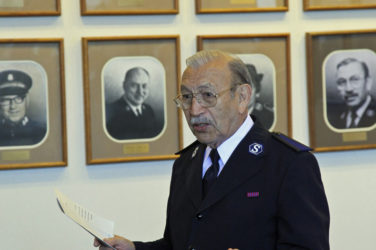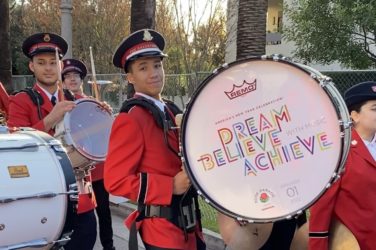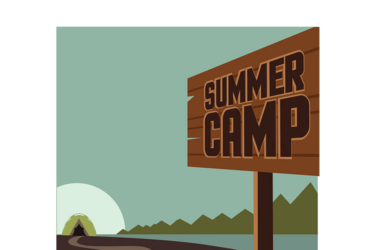Input from: John Wehrle, Omaha Kroc director of donor relations
Susan Eustice, Western divisional director of public relations
Joanne Bemis, Western divisional development director
If you were to advise another Salvation Army facility holding a similar event, what are your top 3-5 words of wisdom?
1. Start earlier than you think is absolutely necessary. It gives potential partners more time to shift schedule, funding and other resources to support your project.
2. Build a small team of interested and interesting people and let them have a real role in shaping the vision.
3. Over-plan. Even with the best outreach idea, it’s very important. Carefully think through how you will engage customers, what type of event will be the most interesting, how to approach selling tickets or tables, and especially an approach to gaining donated support. Many people will attend just to support your work, but today we need more than that; we need an appealing experience to people who simply enjoy a good event.
4. Set goals, review them honestly and regularly with your team against performance, and be prepared to revise them as you plan, especially in the first year.
5. If you’re doing a bacon-themed event, it is most important to build a relationship with a bacon purveyor and your state pork advocacy group. Partnering with Nebraska Pork Producers opened a lot of doors for us, and Farmland’s participation in our event was incredibly valuable.
What were the most effective forms of promotion and why?
There are three ideas that did very well for us in different ways. Our Father’s Day promotion (a free child ticket with each adult ticket purchased) stimulated our media partner’s creativity and ticket sales. Also, having our mayor, Omaha’s first female top executive Jean Stothert, pardon a pig as we entered our final week of promotion gained us a great deal of media attention. Both ideas helped us spread the word and establish a fun atmosphere, which was good for sales and for our brand. Last, although it’s hard to measure in revenue, the social media efforts were very important in keeping the idea on people’s minds as we sold tickets.
How far in advance did you start planning and why?
We began researching about 12-14 months in advance, built the core of our committee after that, and had the first exploratory and planning meeting eight months before the event. In a perfect world, we would have had more time. Creating a vision and action steps was the easy part; more time to engage partners and to determine ways for more people to join us would have helped the bottom line and permitted more efficient coordination of the process.
What was the most effective day-of activity?
It’s a toss-up between the Kids’ Corral, a huge area of games, bounce houses, and other fun things for kids of just about all ages, and the actual bacon tasting, which led to the selection of two people’s choice awards in the Farmland Bacon cook-off. The activities for kids were successful because they helped families have fun and demonstrated the strong programmatic imagination of the Omaha Kroc Center, while the bacon tasting fulfilled expectations we had spent months building, especially for those who had attended because of bacon and cuisine, and not just to support The Kroc Center. Last, we were able to present five very different musical acts on our main stage (i.e. mariachi, latino-inflected rock, rock-inflected bluegrass, etc.), and we think this increased the time people stayed and enjoyed the event.
What would you say was the biggest factor in making BaconFest Omaha a success?
It was positive leadership. The team was very good and others who helped were effective, but having leadership who believed results were achievable, were willing to remain flexible about details as things took shape, and firmly/gently moved support into place—while thanking people for their work—was essential.




